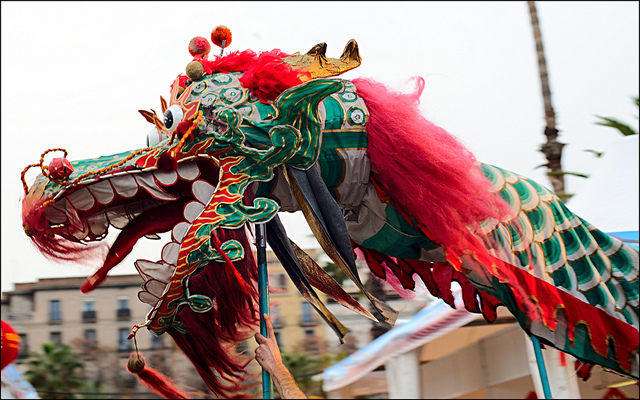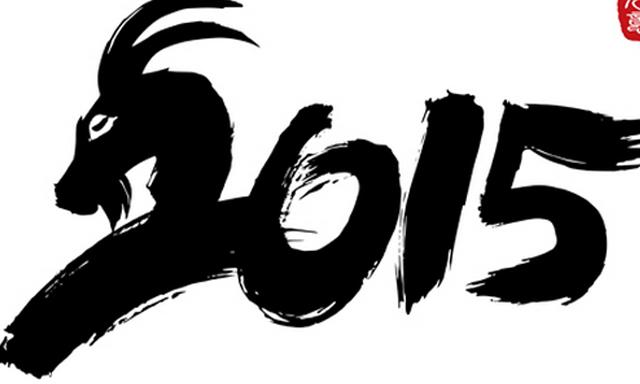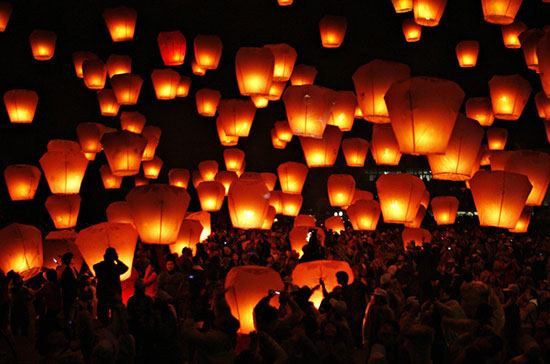Happy New Year 4713. We leave behind the year of the horse and welcome the goat, which comes eighth in the Chinese zodiac. Much more than just dragon parades, celebrating the end of the Chinese year is a family event marked by rituals and superstition.

2015, the Year of the Goat:
Goats are characterized by having a flair for creativity. They are intelligent and patient, very reserved but caring and giving. They generally prefer being part of a herd in the various aspects of their lives. Whoever was born in the year of the goat is most compatible with a pig or a rabbit, and will inevitably clash with a rat or an ox.

Preparations for the end of the Chinese year:
Before the arrival of the New Year (which falls on February 19 in 2015), Chinese people follow a series of rituals to help them turn the page on the calendar:
1) Undertake a general housecleaning to release negative energy and allow positive energy to flow. In this sense, the Chinese are very superstitious.
2) Empty your drawers, as you must get rid of anything useless. You have to pull out everything that does not provide anything or might hinder us.
3) Chinese people will also change the furniture around and open the windows to get the bad vibes out. The idea is to face the New Year in a clean and pure state, both inside and out. It’s the first step to organizing one’s own mind.
4) Another recommendation is to renew the talismans that adorn Chinese households. The old are removed and new ones put up. For them it is very important to start the new year from scratch.
5) They say that flowers such as calla lilies and daffodils are a symbol of prosperity. This is the reason why the Chinese decorate their homes (as if there’s no tomorrow), convinced that whatever is to come will always better.
6) And of course, to accompany the flowers that are placed in each of the rooms, you’ll see fruit. So now you know that to start the year off right, you should fill your house with tangerines and oranges.
Typical food for the Chinese New Year:
Although the celebrations last 15 days, the biggest day is the eve of what is called the Spring Festival. On that day, families – who show up in large numbers – gather around a table and eat dishes that are typical for these celebrations. It is common throughout the country to eat the typical doufu, chicken and fish. And then every place has its own unique additions. In the north, they say goodbye to the old year with a breakfast of Chinese dumplings (jiaozi) shaped like gold ingots. It’s a symbol of wealth, so they eat to ensure a good year to come. But in the south it’s traditional to eat a kind of rice cake (niangao). In a way we are very similar, since Chinese people also say goodbye year with tables overflowing with food as a symbol of prosperity.
Twitter: @DianaRPretel

 English
English Français
Français Deutsch
Deutsch Italiano
Italiano Español
Español
